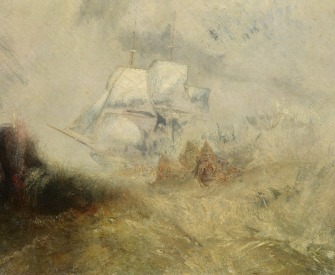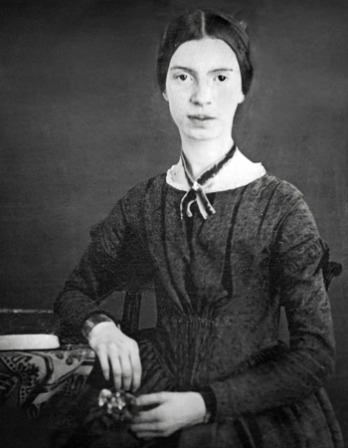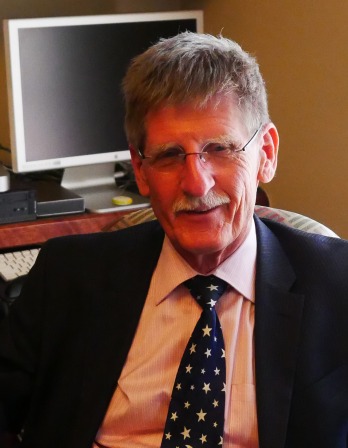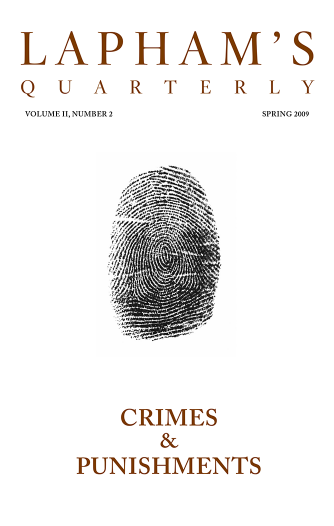In books I find the dead as if they were alive; in books I foresee things to come; in books warlike affairs are set forth; from books come forth the laws of peace. All things are corrupted and decay in time; Saturn ceases not to devour the children that he generates: all the glory of the world would be buried in oblivion unless God had provided mortals with the remedy of books.
Alexander, the conqueror of the earth, Julius, the invader of Rome and of the world, who, the first in war and arts, assumed universal empire under his single rule, faithful Fabricius and stern Cato, would now have been unknown to fame if the aid of books had been wanting. Towers have been razed to the ground; cities have been overthrown; triumphal arches have perished from decay; nor can either pope or king find any means of more easily conferring the privilege of perpetuity than by books. The book that he has made renders its author this service in return, that so long as the book survives its author remains immortal and cannot die, as Ptolemy declares in the prologue to his Almagest: He is not dead, he says, who has given life to science.
Who therefore will limit by anything of another kind the price of the infinite treasure of books, from which the scribe who is instructed brings forth things new and old? Truth that triumphs over all things, which overcomes the king, wine, and women, which it is reckoned holy to honor before friendship, which is the way without turning and the life without end, which holy Boethius considers to be threefold in thought, speech, and writing, seems to remain more usefully and to fructify to greater profit in books. For the meaning of the voice perishes with the sound. Truth latent in the mind is wisdom that is hid and treasure that is not seen, but truth that shines forth in books desires to manifest itself to every impressionable sense. It commends itself to the sight when it is read, to the hearing when it is heard, and moreover in a manner to the touch, when it suffers itself to be transcribed, bound, corrected, and preserved. The undisclosed truth of the mind, although it is the possession of the noble soul, yet because it lacks a companion, is not certainly known to be delightful, while neither sight nor hearing takes account of it. Further, the truth of the voice is patent only to the ear and eludes the sight, which reveals to us more of the qualities of things, and linked with the subtlest of motions, begins and perishes as it were in a breath. But the written truth of books, not transient but permanent, plainly offers itself to be observed, and by means of the pervious spherules of the eyes, passing through the vestibule of perception and the courts of imagination, enters the chamber of intellect, taking its place in the couch of memory, where it engenders the eternal truth of the mind.
From Philobiblon. A renowned bibliophile, Richard, after studying at the University of Oxford and then joining a Benedictine monastery, began collecting manuscripts throughout Europe while on diplomatic missions for Edward III. As bishop of Durham, Richard had hoped to establish a library at Durham College in Oxford and endow it with his personal collection of more than 1,500 manuscripts. “It appears that he died insolvent,” wrote one historian, “without even a shirt of his own wherewith to cover his body, and that his private goods were all seized by his creditors.”
Back to Issue




